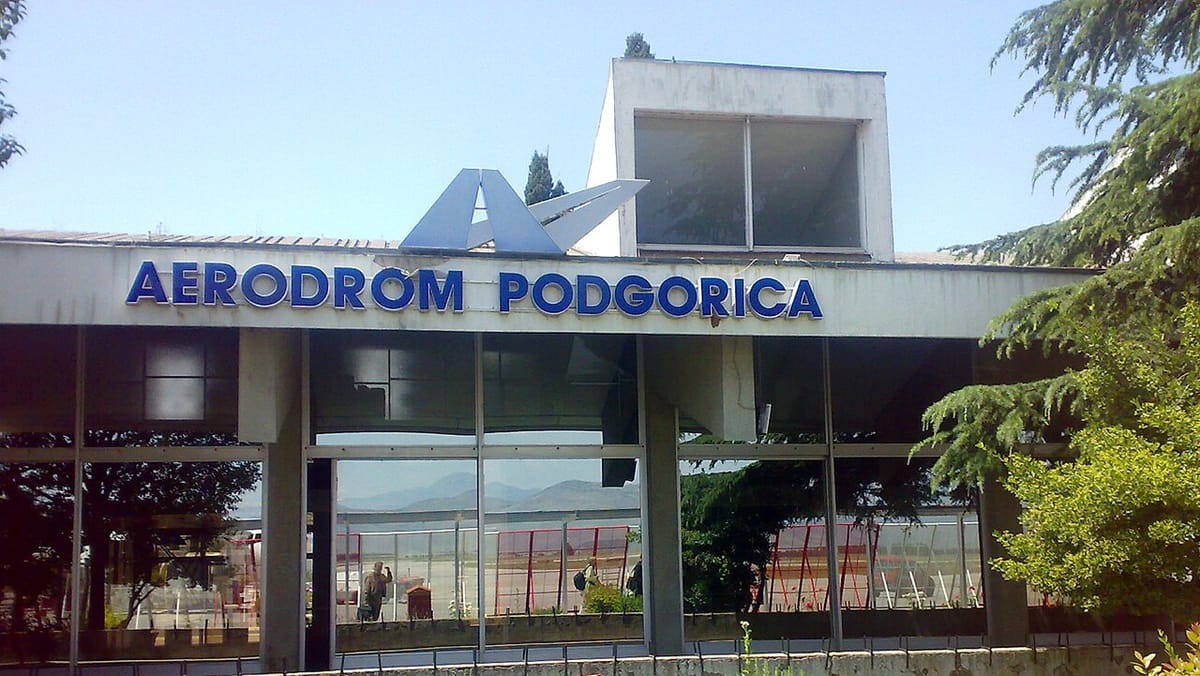
Korean airport consortium wins Montenegro's highest ever PPP
A South Korean consortium led by Incheon International Airport Corporation (IIAC) has secured a 30-year concession to operate Montenegro’s two main airports, Montenegro’s government announced on 19 July.
The agreement covers the operation and upgrade of Podgorica and Tivat airports, and is the country’s largest public–private partnership (PPP) to date. It also marks South Korea’s first major infrastructure foothold in the Western Balkans.
Seoul expands infrastructure footprint in Balkans
The Montenegrin Transport Ministry said the winning bid includes a EUR 100mn upfront payment and EUR 200mn in investment commitments. The concession is valued at EUR 500mn, with the South Korean group also pledging annual performance-linked royalties.
Montenegro’s Transport Minister Filip Radulovic said the bidding process was rigorous and aligned with the country’s development goals. “This partnership will ensure Montenegro’s airports are modern, efficient and able to meet future demand,” Radulovic said at a press conference on 21 July in Podgorica.
South Korean President Yoon Suk-yeol welcomed the agreement as a “milestone in regional partnership”, and said it reflected growing bilateral cooperation in strategic infrastructure sectors.
Korean bid beats European rivals
The Korean-led consortium, which also includes GS E&C, LX Pantos and Korea Airport Corporation, beat bids from airport operators based in Germany, France and Turkey. The process was launched in December 2023 with advisory support from the European Bank for Reconstruction and Development.
“We will solidify our position as a global airport operator and accelerate our overseas expansion through this project,” IIAC President Lee Hak‑jae said in a statement after the IIAC-led consortium was declared the preferred bidder.
Incheon International Airport Corporation said it would apply “smart aviation systems, green technologies and integrated safety models” from South Korea’s domestic market to Montenegro’s two main gateways.
Podgorica and Tivat airports served over 2.5mn passengers in 2023, according to the Montenegrin Civil Aviation Agency. The new operator is expected to double capacity over the next decade.
CEE airport concessions face growing scrutiny
Montenegro has sought to attract infrastructure partners that reduce the burden on the state budget while aligning with EU technical and regulatory norms. The concession model follows earlier airport privatisations in the region, including Serbia’s Nikola Tesla Airport and Croatia’s Zagreb Airport.
However, airport deals have recently triggered political backlash in other CEE states. Slovenia abandoned plans for a Ljubljana Airport concession in 2023 following trade union protests, while the Bulgarian Supreme Administrative Court annulled the concession contract for Sofia Airport earlier this year.
Analysts say the Montenegro deal will be watched closely in other Western Balkan states, particularly as EU candidate countries seek investment that balances geopolitical neutrality and commercial performance.
